Dish must cover 70% of the country with 5G by June 2023 or pay $2.2 billion
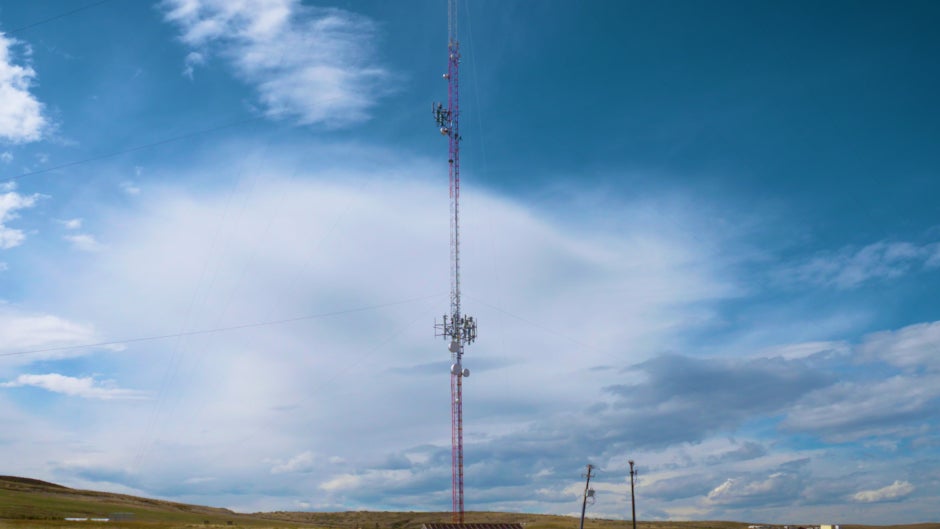
Now that Dish chairman Charles Ergen has finally achieved his dream of buying a wireless provider, let's take a look at the transaction with T-Mobile and Sprint that it just announced yesterday. First of all, we know that the deal was made so that the U.S. Department of Justice (DOJ) would give its blessing to the $26.5 billion merger between the nation's third and fourth-largest carriers. The DOJ's role in any type of M&A deal is to make sure that the competitive landscape isn't disturbed by a proposed transaction. In this specific case, the agency wanted T-Mobile and Sprint to help create a new national carrier to replace Sprint.
To create what Dish calls the "fourth nationwide facilities-based network competitor," after the T-Mobile-Sprint merger actually closes (which might not occur until December) Dish will buy Sprint's prepaid operations and customers including Boost Mobile, Virgin Mobile, and Sprint's own prepaid business. Three years after the acquisition of the prepaid businesses closes, Dish will buy 14MHz of Sprint's 800MHz spectrum. As previously reported, it also will sign a seven-year MVNO deal with T-Mobile that will allow Dish to sell cellular service to consumers under its own name while building out its own 5G network; eventually, Dish will transition its customers over from T-Mobile's network to its own 5G network once it is completed. The value of the pre-paid purchases is $1.4 billion while the spectrum bought by the satellite content provider is valued at $3.6 billion.
Dish must have its 5G network covering 70% of the country by June 14, 2023
The prepaid businesses acquired by Dish have 9.3 million customers in all 50 states and Puerto Rico. All of those customers will become Dish customers when the transaction closes, including those using Sprint's legacy network. In addition, 400 employees and over 7,500 stores will be moving to Dish as well.
"These developments are the fulfillment of more than two decades'. worth of work and more than $21 billion in spectrum investments intended to transform DISH into a connectivity company. Taken together, these opportunities will set the stage for our entry as the nation's fourth facilities-based wireless competitor and accelerate our work to launch the country's first standalone 5G broadband network...The FCC and the DOJ are to be credited for laying the groundwork for an innovative 5G wireless ecosystem that will introduce new opportunities to American consumers and businesses while enhancing competition in the wireless industry."-Charles Ergen, co-founder, and chairman, Dish Network
The 800MHz spectrum that it purchases from Sprint will be eventually added to Dish's existing inventory of low-band 600MHz and 700MHz spectrum. The company was the second-biggest winner in the 2017 FCC auction of 600MHz airwaves spending $6.2 billion compared to the $8 billion that T-Mobile shelled out. Low-band spectrum travels farther and penetrates buildings better than higher-frequency spectrum. The company says that its 600MHz and 700MHz airwaves dovetail perfectly with the mid-band AWS-4 and AWS H Block mid-band spectrum its owns. While these mid-band airwaves might not travel as far as the low-band variety, they do offer higher data capacity. Dish will negotiate a deal to lease some of its 600MHz spectrum to T-Mobile while it will get first dibs at certain towers, networking equipment and retail assets being closed due to the merger.
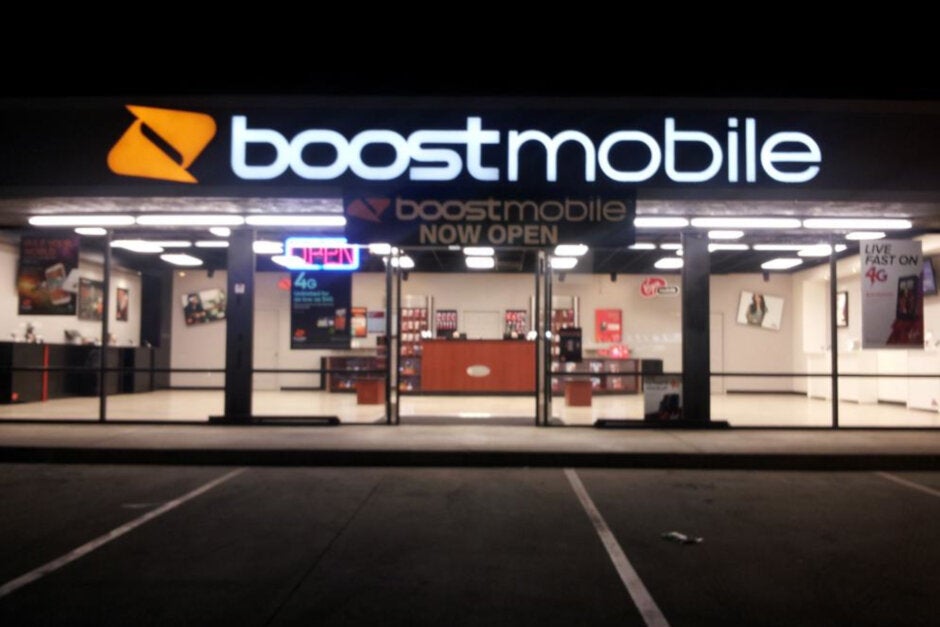
Dish Network will own Boost Mobile, Virgin Mobile and Sprint's prepaid businesses
As part of the deal, Dish must have its 5G network running and covering 70% of the U.S. population by June 14, 2023. If the deadline is not met, the company will make a "voluntary contribution" to the U.S. Treasury in the amount of $2.2 billion.
Now that the FCC and DOJ have approved the T-Mobile-Sprint merger, all that remains is the disposition of a lawsuit filed to block the merger. The plaintiffs, 13 state attorneys general and the attorney general of Washington D.C., can agree to a settlement. If they don't, a trial could start as late as December. So in other words, don't expect the merger to close right away.

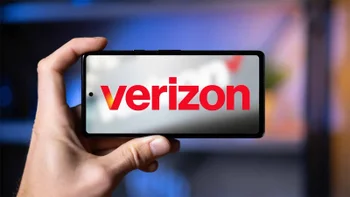
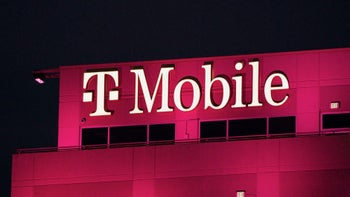



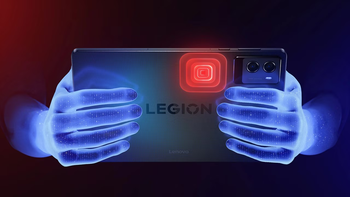
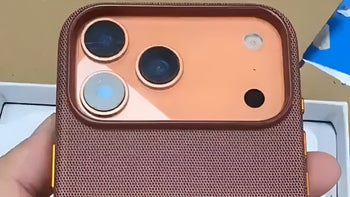
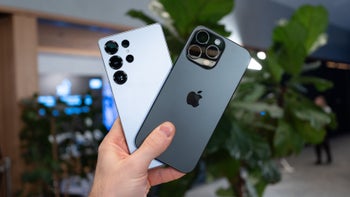

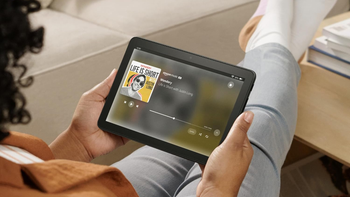
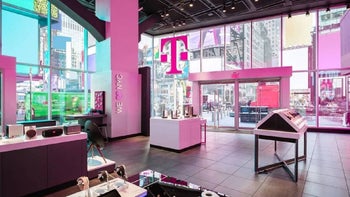
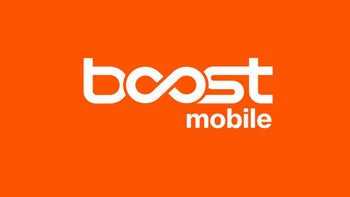
Things that are NOT allowed:
To help keep our community safe and free from spam, we apply temporary limits to newly created accounts: